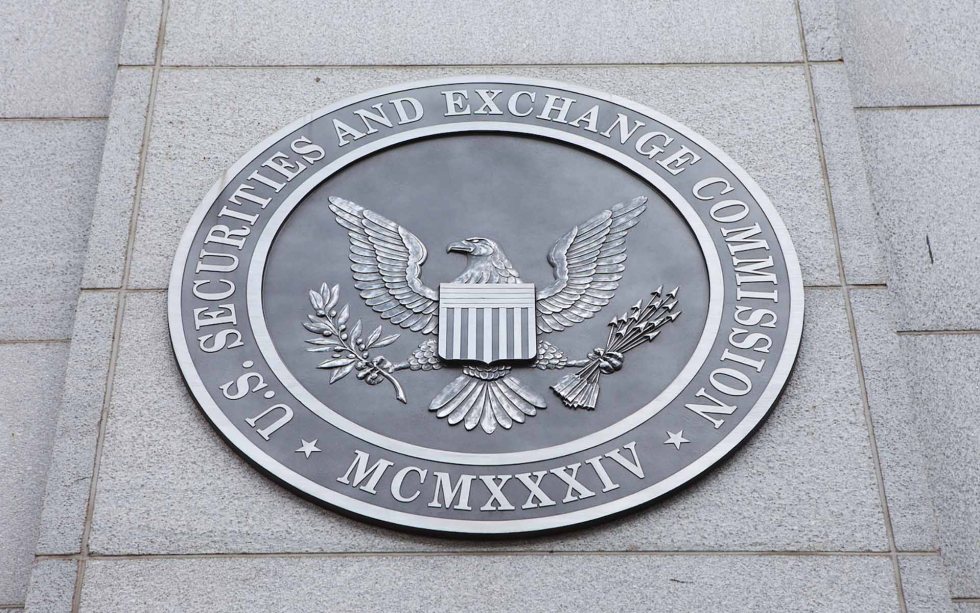
The U.S. Securities Exchange Commission (SEC) is getting ready to review its decisions regarding Bitcoin ETF applications. With this in mind, the SEC is inviting parties or persons to file public statements in support of, or in opposition to, Bitcoin ETFs. This review could affect nine Bitcoin ETF applications.
The SEC Gets Ready to Review its Decisions on Bitcoin ETFs
The SEC has set October 26th, 2018, as the deadline for the reception of public comments about the rule change petition to list and trade shares of GraniteShares Bitcoin ETF, and the GraniteShares Short Bitcoin ETF.
The SEC’s Division of Trading and Markets has already disapproved nine Bitcoin ETF applications from three investing companies: GraniteShares, ProShare, and Direxion.
Now, the SEC wants to review these decisions. And to perform the review, the SEC is asking the public to file “statements in support of, or in opposition to, the action by the Division pursuant to delegated authority.”
SEC Sets Deadline for Comments on 9 Bitcoin ETF Applications
Read More > https://t.co/QMTkFbGFM7#etf #investing #stocks #business #news— VettaFi (@Vetta_Fi) October 8, 2018
Optimism for the Approval of Bitcoin ETFs Is Rising
Some experts are optimistically citing reasons why the SEC might approve Bitcoin ETFs this time. One example is the SEC’s request for public comments. Trefis, a team comprising MIT engineers and Wall Street analysts, wrote:
Although the SEC rejected several proposals for Bitcoin ETFs earlier this year, it has softened its stance towards the industry in a series of steps over recent months by having the proposals reviewed again, and by more recently inviting investor opinions about the pros and cons of a Bitcoin-linked ETF.
Optimism is also high for the approval of the SolidX Bitcoin Shares issued by the VanEck SolidX Bitcoin Trust, for which the SEC has already received more than 1,400 comments.
Increasing demand for Bitcoin ETFs might also be a factor that could weight in the SEC’s decision. As CNBC reported, Bill Barhydt, chief executive of Bitcoin payment app Abra, said,
“It’s going to happen in the next year; I would actually make a bet on it,” he added. “There is too much demand for it.”
Another factor could be Bitcoin’s lower volatility. As of this writing, the Bitcoin volatility index for the latest 30-day estimate is 1.71 percent, while the most recent 60-day estimate is 2.43 percent.

Bitcoin’s wild price movements might have been one of the key factors that weighed in on the SEC’s decision to reject ETF petitions. Indeed, in denying the Winklevoss Bitcoin ETF petition, the SEC dismissed assertions that Bitcoin markets were price manipulation resistant. And price manipulation results in high volatility.
Regarding Bitcoin’s recent weeks of low volatility, FXEmpire financial expert Bob Mason wrote in Forbes,
“The low volatility is also a statement that price manipulation has perhaps abated.”
Thus, the SEC might now view this most recent period of low Bitcoin price volatility as one additional favorable factor.
Do you think the SEC is now more likely to approve Bitcoin ETFs? Let us know your thoughts in the comments below!
Images and media courtesy of Shutterstock, Twitter/@ETFtrends.


















